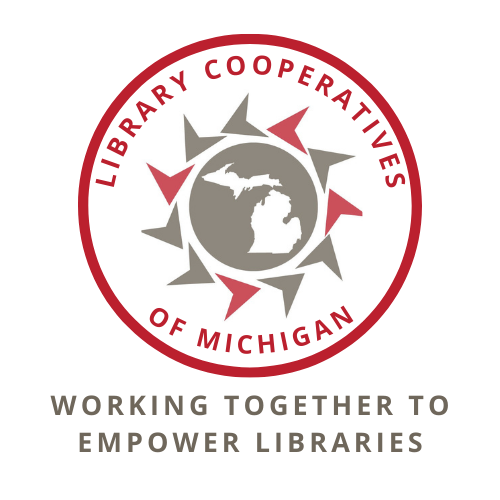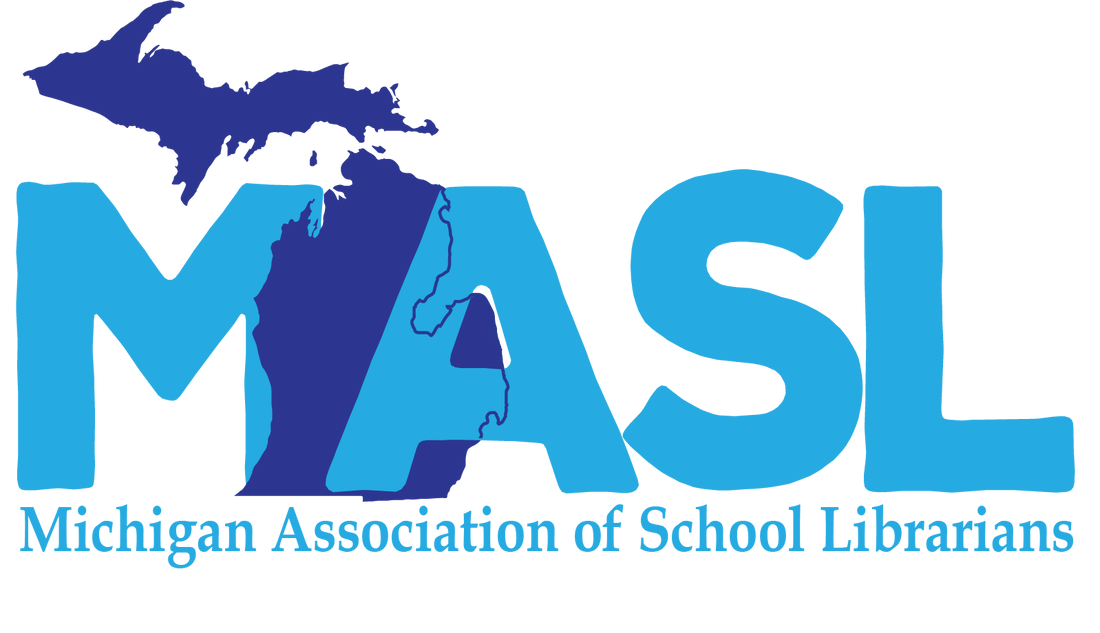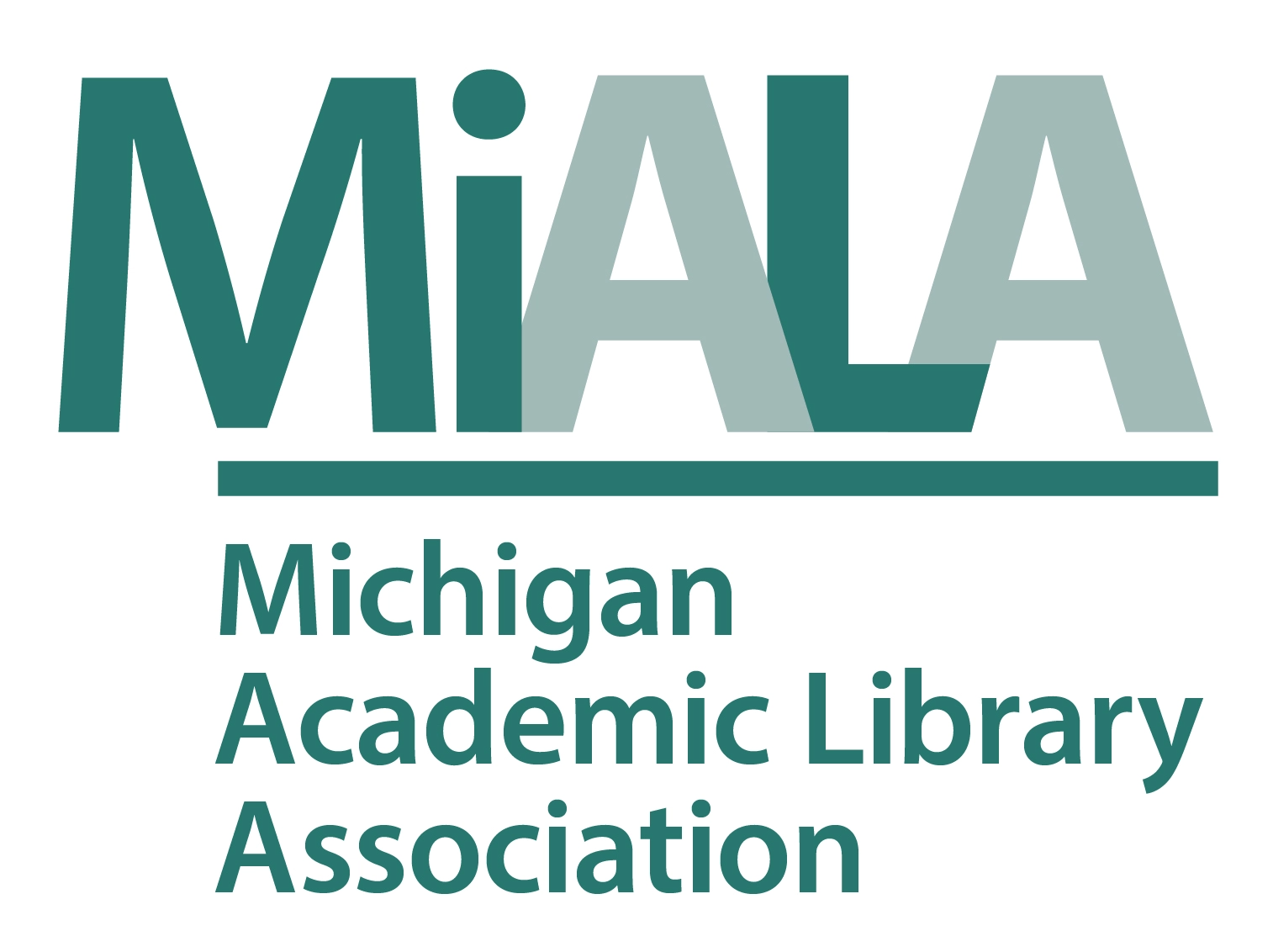Update: ALA Steering Committee on Organizational Effectiveness
Recognizing a need for organization-wide change to ensure member engagement and financial viability, the American Library Association (ALA) Executive Board created the Steering Committee on Organizational Effectiveness (SCOE) in 2018, with the following charge:
Carry out a comprehensive review and study of ALA’s governance, member participation, and legal structures and systems, with the goal of proposing changes that will vitalize its success, strength and agility as a 21st-century association.
SCOE members gathered feedback at in-person sessions at the 2019 Midwinter Meeting in Seattle and online. Using this feedback in conjunction with the committee’s work, SCOE members drafted and presented preliminary recommendations at the 2019 Annual Conference in Washington, D.C. These preliminary recommendations are intended to help ALA achieve the following goals:
-
Enable consistent, strategic, and effective member engagement
-
Enable organization-wide planning focused on a common mission and vision for library workers, library supporters, and libraries
-
Be financially sustainable
-
Enable sustainable, long-term change (including evaluation of progress and more frequent future adjustments)
-
Allow stakeholders to have confidence in decisions made when they are not in the room
-
Deliver high-value products, services, and impact for members
The full report and recommendations – A Better ALA: A Modern Association for a Modern Profession – are available online.
The report includes a proposed timeline on p. 5, and a graph on p. 9 that shows a potential new governance structure for ALA.
From my perspective as MLA’s ALA Councilor, I took particular note of the following Items:
-
Chapter Councilors have a special responsibility to ensure that their chapter’s members, Board, and staff are aware of SCOE’s recommendations and take action as appropriate to ensure that their chapter’s interests are represented.
-
If the proposed recommendations are adopted as currently presented, Council would be eliminated. Some of the functions of Council would be redistributed to new committees. This would eliminate MLA’s ALA Councilor role as we currently define it, potentially necessitating a change to MLA’s bylaws and other documents and processes.
-
The formation of the Chapter Leadership Assembly will offer an opportunity for MLA’s members, Board, and staff to determine what chapter leadership will look like, and how MLA should participate in ALA governance. Chapters have a role in governance, but chapters also have a need to engage with and learn from other state chapters.
-
The SCOE recommendations are built on the understanding that in-person attendance at ALA meetings will not be required. This will enable broader member participation in ALA governance—for example, an MLA member from a library that has not typically been able to attend ALA meetings could serve as a chapter leader. ALA must implement and use technology to ensure effective communication and meetings.
-
The final SCOE recommendations must be approved twice by the Council, and by a vote of the membership, to pass. The current timeline—if not amended—includes a Council vote at Annual 2020 and Midwinter 2021. If the final SCOE recommendations are passed twice by Council, 25% of the membership must vote to approve the changes for them to pass. This vote is expected in Spring 2021. MLA has a role in providing information and encouraging our members to vote.
For more information on the work of SCOE, and to stay up to date, follow the ALA Connect Group: https://bit.ly/2ZGwxiC
SCOE Chair Lessa Pelayo-Lozada welcomes feedback by email: [email protected]
Back to news
|








